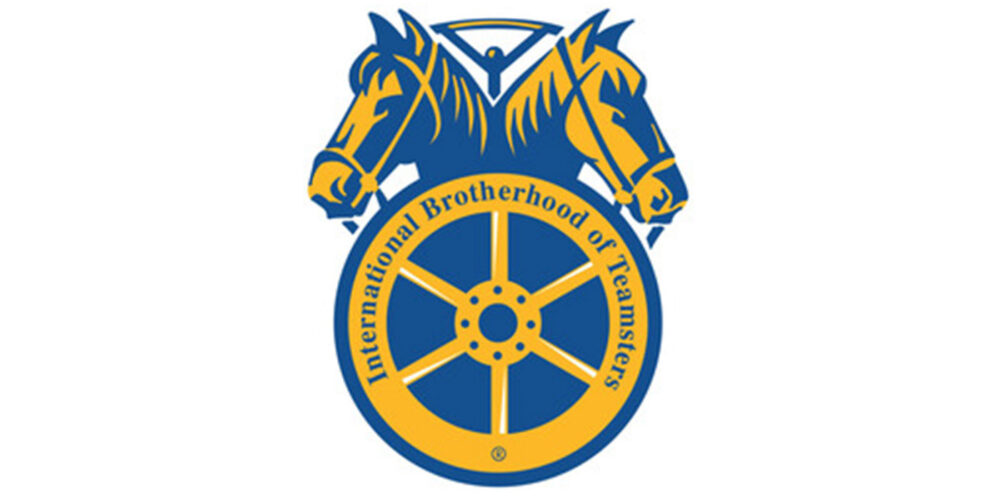From AAIA Capital Report
The Washington State Department of Ecology formally proposed on June 20 regulations to implement chapter 70.285 RCW, relating to the composition of brake pads, also known as the Better Brakes Law. The Better Brakes Law phases out the use of certain substances including copper, asbestos and several heavy metals from automotive brake pads, both aftermarket and original equipment.
The first requirement to reduce asbestos and several heavy metals goes into effect on Jan. 1, 2015. Copper would be required to be reduced to 5 percent by 2021; and could be required to be reduced to .5 percent at a later date should the Department of Ecology find such action technically and economically feasible.
The law was passed due to concern that use of certain substances in brake friction material could cause harm to human health and the environment. California has enacted similar requirements, but has thus far not initiated the development of regulations to implement their statute.
The Department of Ecology also announced last week that public hearings will be held on July 10 and July 12 to solicit further comments and feedback on the proposed regulations. Written comments also may be submitted to the Department of Ecology, but must be received by July 19.
A copy of the proposed regulations and other rulemaking documents may be found here.
More information also can be found on the Department of Ecology’s Better Brakes webpage http://www.ecy.wa.gov/programs/hwtr/betterbrakes.html
Maryland Teamsters Call for Passage of HB 1447
The legislation would protect middle-class jobs and motorist safety, according to the International Brotherhood of Teamsters.
Members of Teamsters Locals 570, 639, and 922 testified before the Maryland House of Delegates to call for the passage of House Bill 1447 (HB 1447), legislation that would require a human operator in large commercial vehicles. Similar legislation has been introduced in California, Iowa, Indiana, and New York this year.
Beyond the safety aspect, the legislation would protect middle-class jobs, according to the International Brotherhood of Teamsters.
$78B Pro-Business Tax Bill Passes House, Awaits Senate
The bill aims to reinstate tax incentives for R&D and small business investments, along with other measures.

MANN+HUMMEL NA Aftermarket Shows Right to Repair Support
Representatives from MANN+HUMMEL’s North American aftermarket brands recently visited Capitol Hill to express their support for H.R. 906.

MEMA Issues Statement on Tax Relief for Working Families Act
This measure contains the restoration of one year deductibility of research and development expenses, a key legislative priority for the association.

SEMA Urges Members to Support Tax Relief Bill
The Tax Relief for American Families and Workers Act of 2024 benefits specialty automotive aftermarket businesses, according to SEMA.

Other Posts
ASA Endorses Bipartisan Tax Framework
The Automotive Service Association says the legislation is beneficial for independent automotive repair businesses.

Industry Partners Urge Congress to Pass R&D Deductibility Fix
“Congress must restore this tax provision to enhance U.S. competitiveness, job creation and innovation as soon as possible,” said Ann Wilson, MEMA’s executive vice president of government affairs.

Legislators Challenge Vehicle Data Access ‘Double Standard’
Rep. Marie Gluesenkamp Pérez joined other legislators in sending a letter to NHTSA about proposed guidance for implementing the Massachusetts Right to Repair law.

House Passes Bill to Stop EPA Emissions Mandate
The U.S. House passed the “Choice in Automobile Retail Sales (CARS) Act” (H.R. 4468) with bipartisan support.




